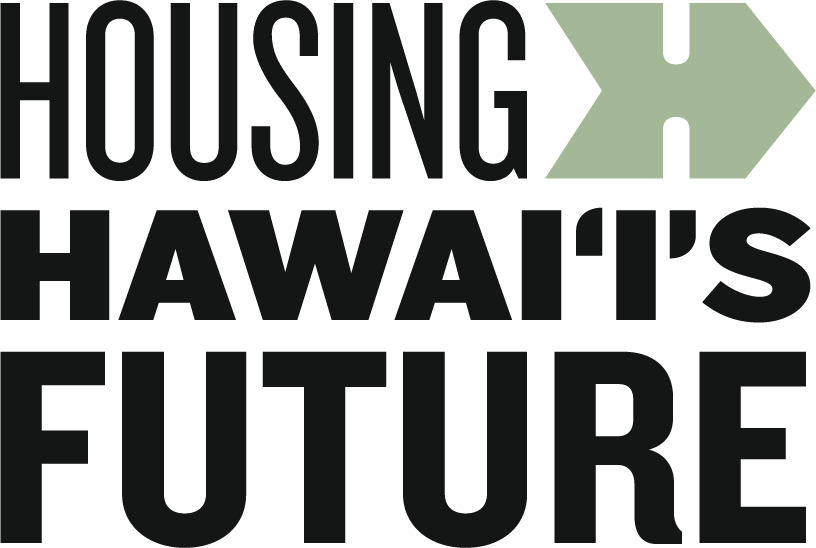The State Legislature Adjourned. Now What?
Bidding Aloha On Friday, May 2, 2025, the Hawai‘i State Legislature adjourned their regular session.
The 2025 Regular Legislative Session is now adjourned. Hundreds of bills sit on the Governor’s office, awaiting either his signature or veto.
Housing Hawai‘i’s Future’s reading of the 2025 Legislative Session projects a number of critical wins for housing.
However, let’s be clear. Legislative wins are piecemeal. They won’t radically change the status quo overnight.
However, these measures can be consequential. They can produce the gradual, systemic change required to address the systemic roots of Hawai‘i’s chronic housing shortage.
As our director of policy explained to Civil Beat earlier this month, “We’ve had a chronic housing crisis here in Hawai‘i for decades, and so we’re not going to solve it with a simple cure-all. Our housing shortage is 1,001 different pieces of a constantly shifting puzzle.”
Solving a puzzle takes time. If signed into law, these bills—as pieces of the puzzle—can make a meaningful difference in ending our housing shortage. So, what’s heading to the Governor?
Transit-Oriented Development Construction: While House Bill 1409 did not receive the same attention as landmark pieces of legislation that passed through the 2024 Legislative Session (Senate Bill 3202, for example), it will change the way the State of Hawai‘i strategically funds the construction of affordable housing. HB1409 defines “transit-supportive density” in the State of Hawai‘i, and sets out to mandate that the state prioritize the construction of affordable housing in Transit-Oriented Development (TOD) areas. This will keep the country country, and densify urban communities.
Historic Preservation Review: Housing projects that require review by the State Historic Preservation Division (SHPD) traditionally suffer from long wait times. While Senate Bill 1002 did not survive, a companion bill (House Bill 830) moved as a vehicle for reform. Under HB830, the SHPD will be authorized to contract the review of “proposed state projects and projects affecting historic properties” to third-party consultants. Combined with Senate Bill 66, HB830 will alleviate the negative impact of SHPD’s long review times on the development (and cost) of affordable housing. Another bill, Senate Bill 15, reforms the definition of a historic property and excludes proposed projects on either (1) existing residential properties and (2) “nominally sensitive areas” from review, under certain circumstances.
County Accountability: Counties have traditionally abused the State of Hawai‘i’s 201-H affordable housing program to extract demands from developers, raising per-unit cost and killing affordable housing projects in the process. Senate Bill 38 will deter this activity by barring county governments from imposing stricter requirements, reducing fee waivers, and/or implementing stricter area median income requirements.
Construction Repair Act: The threat of frivolous litigation by out-of-state law firms is deterring the construction of affordable housing. House Bill 420 strengthens the standards by which any potential plaintiffs might bring suit, penalizing false claims that delay housing construction.
While these victories are worth celebrating, legislative sessions alone won’t end our chronic housing shortage. Legislation removes barriers and makes it easier to build affordable, workforce housing.
Change won’t come overnight, but we can still push Hawai‘i in the right direction. Housing Hawai‘i’s Future can’t do it alone. That’s why we’re hosting talk story sessions across the State, engaging with young people to understand what it will take to finally solve the puzzle.
In the meantime, we’ll continue holding state and local government accountable. We’ll keep tackling the puzzle, one piece at a time.

